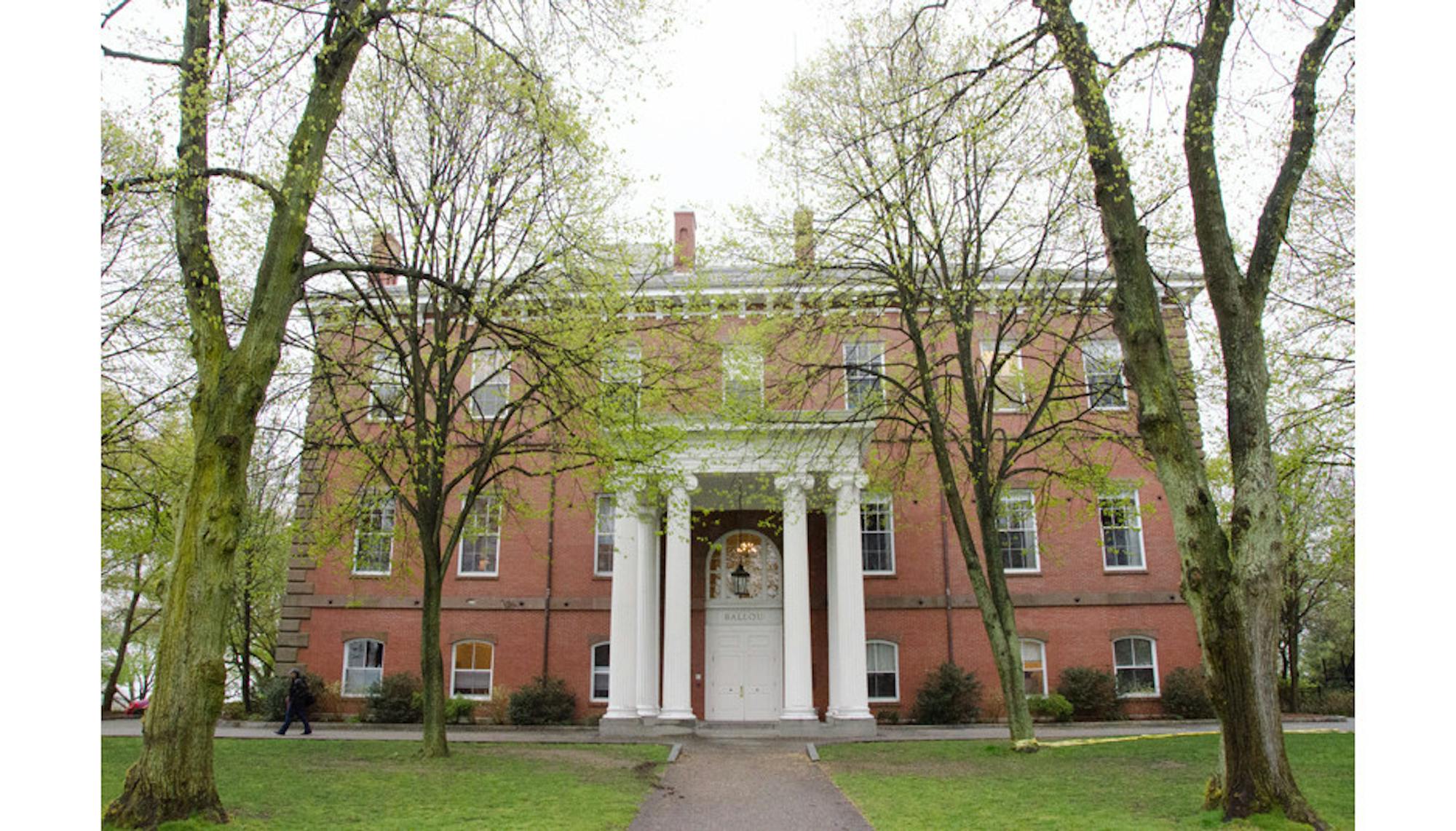Tufts, along with 30 other universities, filed an amicus curiae brief to the Supreme Court of the United States signaling the university's opposition to the Donald Trump administration's proposed travel ban, according to a university press release. This marks the third amicus brief the university has co-filed on this issue.
“Tufts filed amicus briefs in March and April with the U.S. Court of Appeals for the Fourth Circuit and the U.S. Court of Appeals for the Ninth Circuit, respectively. Those cases are the basis for the case now before the Supreme Court," the press release states.
The Trump administration expanded its travel ban earlier this month to include a number of different countries, according to a statement on its website. The expansion of the ban prompted the Supreme Court to cancel the scheduled hearing on the constitutionality of the original ban.
"The Court has invited the parties to submit briefs on whether the new Proclamation renders the cases against the earlier Executive Order moot. We will not know what (if any) arguments will be heard by the Court on this issue until after they review those briefs," Mary Jeka, senior vice president of university relations and general counsel for Tufts University, told the Daily in an email.
The Supreme Court announced on Monday that it had cancelled oral arguments on the ban scheduled for later this month, and directed parties to submit new briefs by next month.
“Institutions join amicus briefs to express how the outcome of a case is likely to impact their organization, for better or worse," Jeka said. "In response to the various travel bans, Tufts has joined other amici institutions to reaffirm our commitment to the free exchange of ideas across borders and to our many international students and colleagues from around the world.”
It is unclear whether such briefs have much impact on Court proceedings, Jeka noted, but they can be used to raise new legal issues and articulate the impacts of legal decisions on groups and institutions that are not immediately involved in legal disputes.
The amicus brief is just one of a number of ways the university can aid those affected by the travel ban, Jeka added.
“Individuals who wish to assist those affected by the ban are encouraged to visit the Provost’s website for additional information, the International Center or University Advancement to donate to the University’s Emergency Immigration Fund, which is used to help defray legal and other costs associated with responding to rapid changes in immigration law, including the latest travel ban," Jeka said.
Diana Chigas, a professor of international negotiation and conflict resolution at The Fletcher School of Law and Diplomacy, noted that the university has undertaken other actions, including hosting a site about the effects of the ban, creating templates for letters to Customs and Border Protection and providing assistance to 35 people impacted by the travel ban.
"Tufts was an early opponent of the travel ban and has consistently promoted the value of a diverse international community at our university and in higher education in general," Chigas said. "We think all of these efforts help to shape the public debate, and we hope that our participation in the amicus brief with other leading universities and colleges will influence the Supreme Court’s deliberations."
It is unclear when or if the Supreme Court will hear oral arguments regarding the revised ban.
Tufts signals opposition to travel ban with new amicus brief

Ballou Hall on May 5, 2016.





